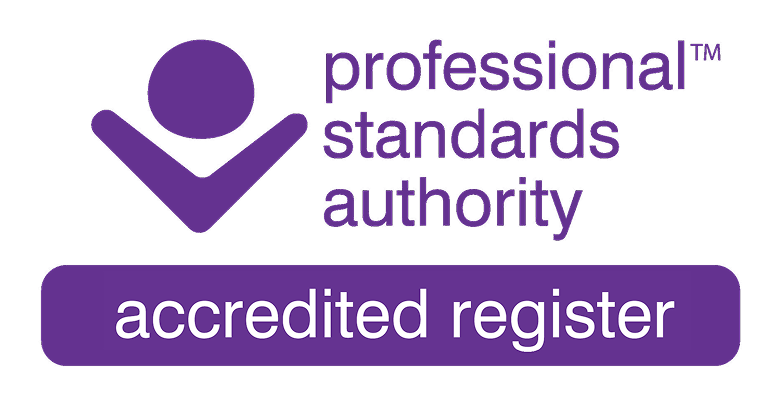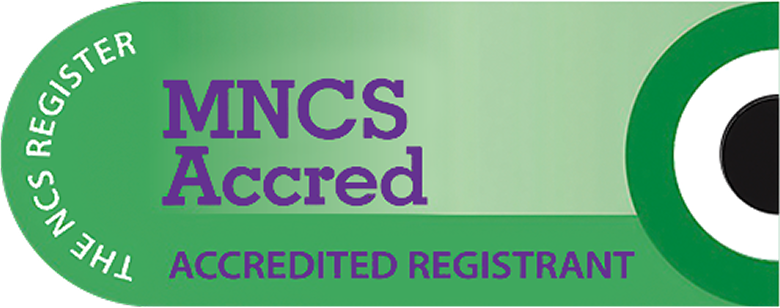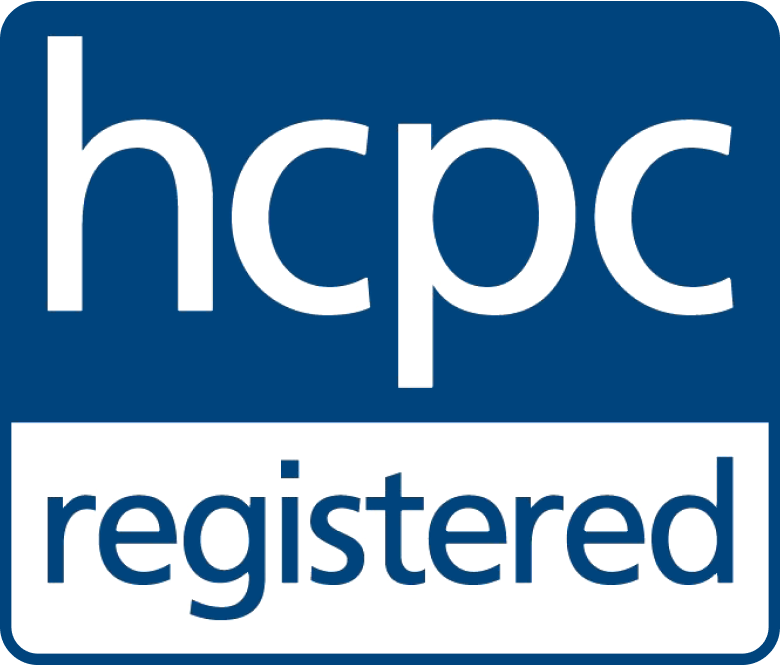Anxiety is a common mental health condition characterised by excessive fear, worry, and behaviours aimed at avoiding or managing these feelings.
Anxiety is more than just worrying. It’s your brain and body responding to perceived threats, sometimes even when there’s no immediate danger. Many adults experience it as racing thoughts, tension, irritability, or difficulty sleeping.
I’m Dr Esthefanea F. Santos. I work with people to understand how anxiety affects the nervous system and emotions, and how small, evidence-based strategies can support emotional regulation. In this post, I explain why anxiety occurs, highlight common signs to watch for, and explore practical strategies that you can try.
How anxiety affects the brain
The brain’s threat-detection system, primarily the amygdala, alerts us to danger. When this system is overactive, it can trigger heightened arousal, which may lead to a racing heart, shallow breathing, and tension. This can make even everyday tasks feel overwhelming.
The prefrontal cortex, responsible for planning, reasoning, and regulating emotions, sometimes struggles to keep up when the amygdala is in overdrive. This is why anxiety can feel automatic and difficult to manage.
Recognising emotional responses
Emotional regulation is the ability to notice, understand, and respond to your emotions effectively. When anxiety is high, common signs include:
- Difficulty focusing
- Irritability or restlessness
- Physical tension (tight shoulders, rapid heartbeat)
- Racing thoughts or overthinking
Awareness of these signs is the first step toward regulation. Neuroscience shows that simply noticing your physiological and emotional responses engages the prefrontal cortex, helping you regain a sense of balance.
Practical strategies for emotional regulation
Here are some strategies to try:
- Grounding and sensory awareness
Focus on what you can see, hear, touch, smell, or taste in the present moment. This signals your brain that you are safe and helps reduce amygdala-driven alarm. - Controlled breathing
Slow, deep breathing activates the parasympathetic nervous system, which counters the stress response. Try inhaling for four counts, holding for two, and exhaling for six. - Cognitive reappraisal
Notice anxious thoughts and ask: Is this thought accurate? Is there another perspective? Reframing your thoughts engages the prefrontal cortex, reducing emotional intensity. - Movement and physical regulation
Exercise or even short walks release tension and support neurotransmitter balance, helping regulate mood and arousal. - Structured problem-solving
Break overwhelming tasks into small, achievable steps. The prefrontal cortex responds well to structured planning, which can reduce the feeling of being “stuck” under anxiety.
The role of self-compassion
Research has consistently shown us that self-critical thoughts amplify anxiety, keeping the nervous system in a heightened state.
Treating yourself with kindness and acknowledging your efforts, not just outcomes, helps soothe both mind and body.
Many people find self-compassion difficult. A helpful starting point is to imagine what you would say to a loved one if they were in your situation.
Final thoughts
Anxiety is a natural response, but when it takes over daily life, it can feel exhausting and relentless. Understanding the brain mechanisms behind anxiety and practising grounded, evidence-based strategies can provide a starting point for managing anxious responses and feeling steadier day to day.
At ES Therapy Centre, I support adults in recognising these patterns, understanding their basis, and exploring strategies to navigate anxiety and build emotional resilience.
Take the next step
If anxiety is affecting your daily life, you don’t have to face it alone. Therapy can offer guidance and the space to help you better understand your responses and develop ways to feel more grounded.
I offer a free 15-minute consultation for those considering therapy in Gillingham, Kent or online. There’s no pressure, just a chance to see if we’d work well together. Contact us today to book your consultation.







